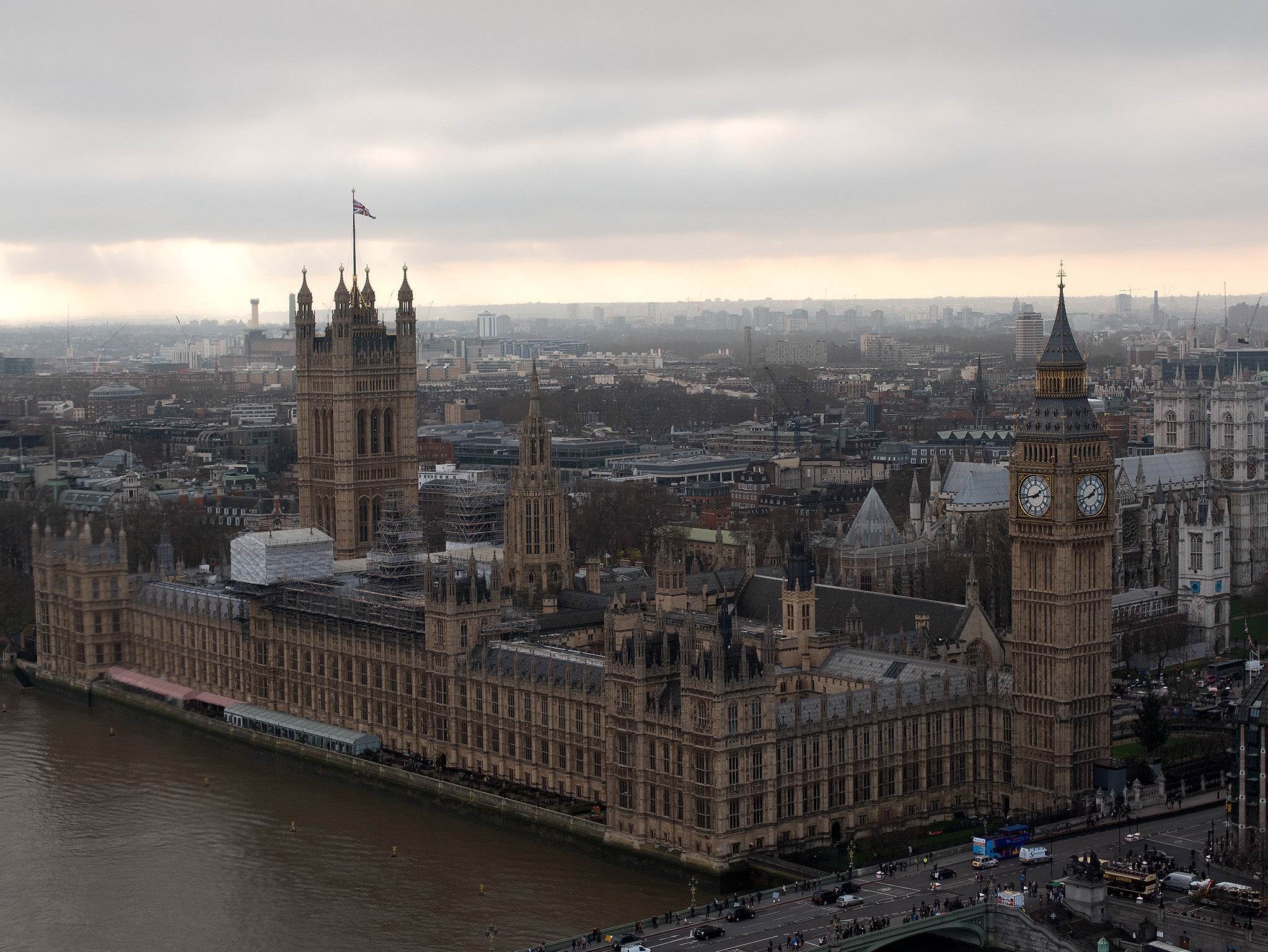MPs who employ relatives pay them £5,600 more than other staff, watchdog claims
191 MPs employed someone they had links with and the average full time salary was £31,350

Your support helps us to tell the story
From reproductive rights to climate change to Big Tech, The Independent is on the ground when the story is developing. Whether it's investigating the financials of Elon Musk's pro-Trump PAC or producing our latest documentary, 'The A Word', which shines a light on the American women fighting for reproductive rights, we know how important it is to parse out the facts from the messaging.
At such a critical moment in US history, we need reporters on the ground. Your donation allows us to keep sending journalists to speak to both sides of the story.
The Independent is trusted by Americans across the entire political spectrum. And unlike many other quality news outlets, we choose not to lock Americans out of our reporting and analysis with paywalls. We believe quality journalism should be available to everyone, paid for by those who can afford it.
Your support makes all the difference.Politicians who employ their relatives in the House of Commons pay them on average £5,600 more than other staff, a parliamentary watchdog has claimed.
The Independent Parliamentary Standards Authority (Ipsa) – responsible for determining MPs’ expenses and salaries – said pay of so-called “connected parties” has risen twice the rate of other staff. Since the general election, 139 family members have been on the payroll at a cost of around £4.5 million a year.
Ipsa said it "found no ground for concerns for the majority of connected parties" but controls to prevent misuse of funding "were limited". After reviewing the issue in 2010 Ipsa decided against prohibiting the employment of family members by MPs.
It added that nearly £1 million was spent on redundancy packages for MPs’ staff who lost their jobs at the general election only to be re-employed by the new parliamentary intake within a matter of weeks.
Over the course of the last Parliament, 191 MPs employed someone they had links with and the average full time salary was £31,350.
It found that family members who are secretaries or have fewer than 10 years' service are typically better paid than their colleagues while longer-servers and caseworkers are typically paid less.
"But because, on average, connected parties occupied more senior roles, their salaries were significantly higher than the average across all MPs' staff," it said
"Salaries of connected parties had also risen at twice the rate of other staff."
Ipsa chairman Sir Ian Kennedy said: "There are places where we believe that we need to strengthen the rules to assure ourselves that public money is being spent appropriately; there are others where there is clear compliance and we can simplify overly-restrictive rules.
"We also wish to examine the rules relating to claims made just before and after General Elections, in the light of our experience in 2015.We have not made any commitment to change any part of the Scheme. It is important for us to consult widely and openly."
Jonathan Isaby, Chief Executive of the TaxPayers' Alliance, said: “MPs should remain free to employ family members, but only on the proviso that they are subject to the highest levels of transparency about who is being paid how much and for what.
“This information needs to be readily available for constituents to scrutinise so that they can hold their MP to account and, if appropriate, ask searching questions about the arrangements. Openness and transparency are vital if the public are to be confident that the system is not being abused as people would certainly have concerns if family members were getting better pay deals than MPs' other staff.”
He added: “The same rules should apply throughout the public sector. Taxpayers will rightly be angry to see people being hired to work for another MP so soon after receiving a sizeable pay-off.”
“This costly revolving door culture has been halted elsewhere in the public sector and MPs' staff should not be exempt from this. IPSA is right to highlight this problem and should now look at stopping these avoidable pay-outs.”
Additional reporting by Press Association
Join our commenting forum
Join thought-provoking conversations, follow other Independent readers and see their replies
Comments